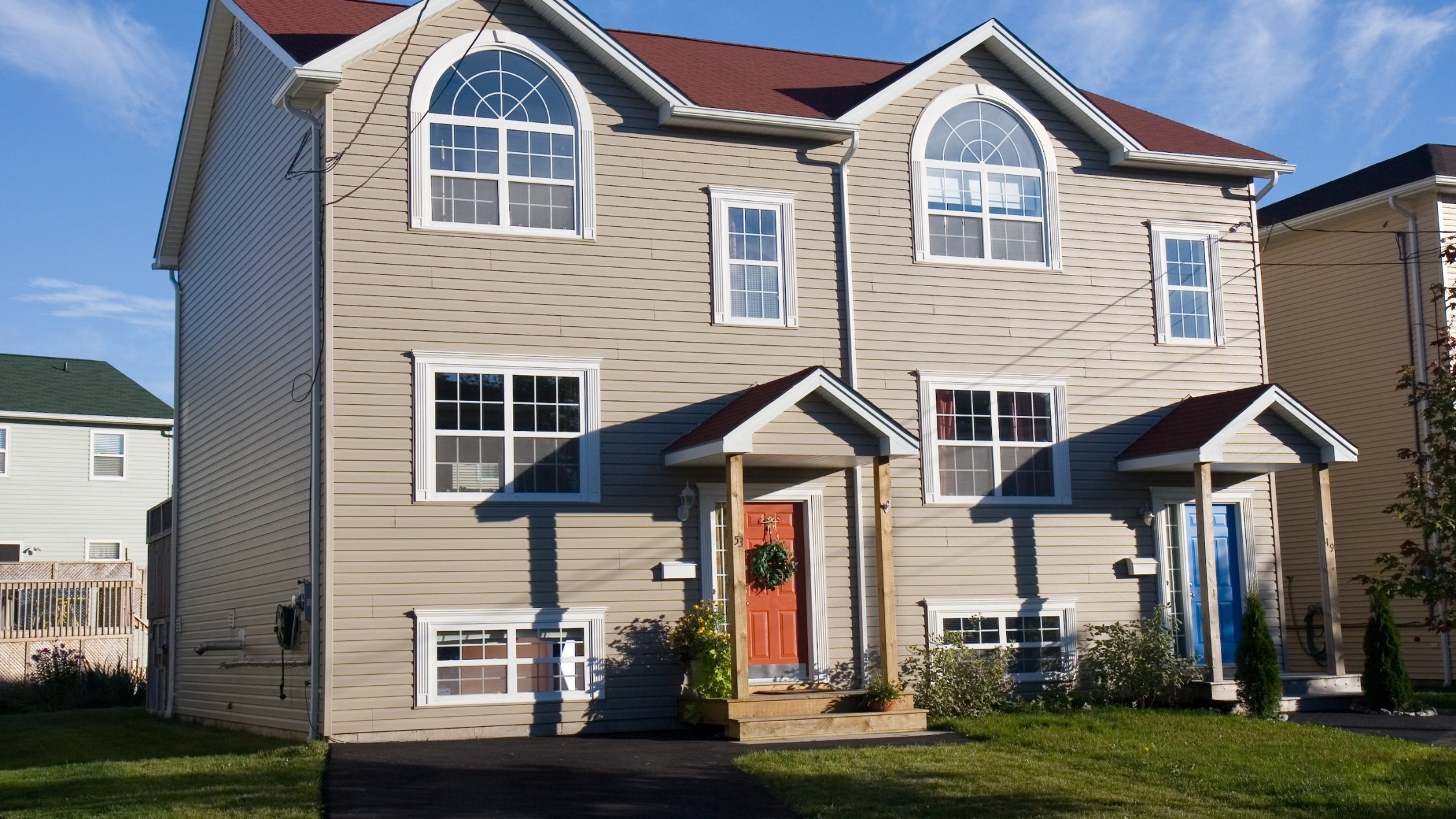Read This Before Buying a Multi-Unit in Halifax NS
Buying a multi-unit property as an investment in Halifax, Nova Scotia can be a great opportunity to earn additional income and grow your net worth. Property typically appreciates steadily over time and if maintained, can potentially yield great returns. While there are many benefits to owning multi-unit properties, there are some things you should know before you begin investing in real estate. We have years of experience working on many sides of the investment process (as Real Estate Agents, as Landlords, and in Property Management), so we decided to compile a list of factors to consider before purchasing!
1. Are you going to live in one of the units?
Choosing whether or not you are going to live in one of the units of the investment property you purchase can have a large impact on many variables. First and foremost, Canadians are required to make at least a 20% downpayment on investment properties that they are not planning to live in. If you are planning to live in one of the units, this percentage can drop down to 5%! Living in one of the units can help avoid having to save for a large downpayment, which is especially helpful for first-time home buyers. Many first-time home-buyers purchase small investment properties, live in one of the units, build up their equity over a few years, and then upgrade to a single-family home. This is a great “house hack” you can find on many real estate investment sites.
Second, always inquire about whether the multi-unit property you are purchasing is currently occupied by tenants. If tenants in Nova Scotia are not on a fixed-term lease, they cannot be evicted simply due to you purchasing the property. You can, however, terminate a current tenant’s lease if you are purchasing the property and planning to move into their unit, with a signed affidavit from a lawyer. To learn more about this, you can read the residential tenancy act here.
2. Are you planning to manage the property yourself?
Some think of owning investment property as a passive source of income. While this can be true if you hire a property management company, the opposite can be true if you decide to manage the property yourself. Managing the property yourself makes you the landlord, meaning you are the one that tenants will call, any hour of the day or night if something goes wrong. You are also the one responsible for qualifying potential tenants, collecting rent, building maintenance, etc. While some enjoy this level of control or responsibility, it may be time-consuming, especially when starting out. Those who do not wish to deal with the added responsibility can hire a property management company to do the heavy lifting. While this can make owning investment property feel easier and more like passive income, property managers are typically paid a percentage of the rental income. Just something to keep in mind. The property management company we highly recommend in Halifax is Anchor Property Management!
3. Where do you plan to purchase?
Location can play a large role in whether your multi-unit has tenants eager to move in or not. Purchasing investment properties in urban areas, near universities, or in residential neighbourhoods close to downtown areas are always great ideas. In Halifax, we recommend purchasing as close to downtown Halifax as possible. Downtown Dartmouth is a community that is on the rise and has great potential: even though it is across the water, it can be profitable with its convenient ferry and bridge access to Downtown Halifax. When considering the suburbs, Clayton Park, West Bedford, and Sackville are great areas to purchase in as well. Rural areas are typically not the best for multi-unit properties, as rent rates are lower, and there are fewer potential tenants.
4. Does the property you are interested in meet local safety standards?
Halifax and Nova Scotia are known for their historic (and old) houses and properties. Many homes and multiunit dwellings are several decades old, meaning some of their features may not be up to code for present times. This is especially true when properties have been transformed from single-family homes to multi-unit homes incorrectly. When this occurs, it is always a good idea to ensure that the property has been either recently inspected or renovated, so that it checks all of the safety boxes for residential living. For instance, kitchens have certain requirements, there are fire safety measures that must be in place in all properties, there must be a certain level of structural soundness to the dwelling, etc., in order for a building to be considered "habitable". These safety requirements are not only important in single-family homes when you and your family are the only residents, but it is even more so important when you are liable for tenants’ safety. If you are not sure if the multi-unit property you want to purchase is “up to code”, you can hire a home inspector who can determine what needs to be upgraded or fixed.
5. Does the Property Have Parking?
Parking availability can be seen as a bonus amenity to multi-unit owners, but it is almost always considered a necessity to tenants. When choosing which investment property to purchase, you should always consider if there is ample parking for the number of tenants you expect to have. A good rule of thumb is to have at least one parking space per tenant, however, you can also sometimes get away with one parking space per unit if you are renting to, for example, a couple that shares one car. Parking can be included or can be an additional charge to tenants monthly, but having it available either way, can be a major attractant for your property. We have seen firsthand tenants in the past decide against renting certain properties simply due to lack of parking.
Stay tuned for part 2 where we reveal 5 more key factors to consider before purchasing a multi-unit property in Halifax, Nova Scotia!






